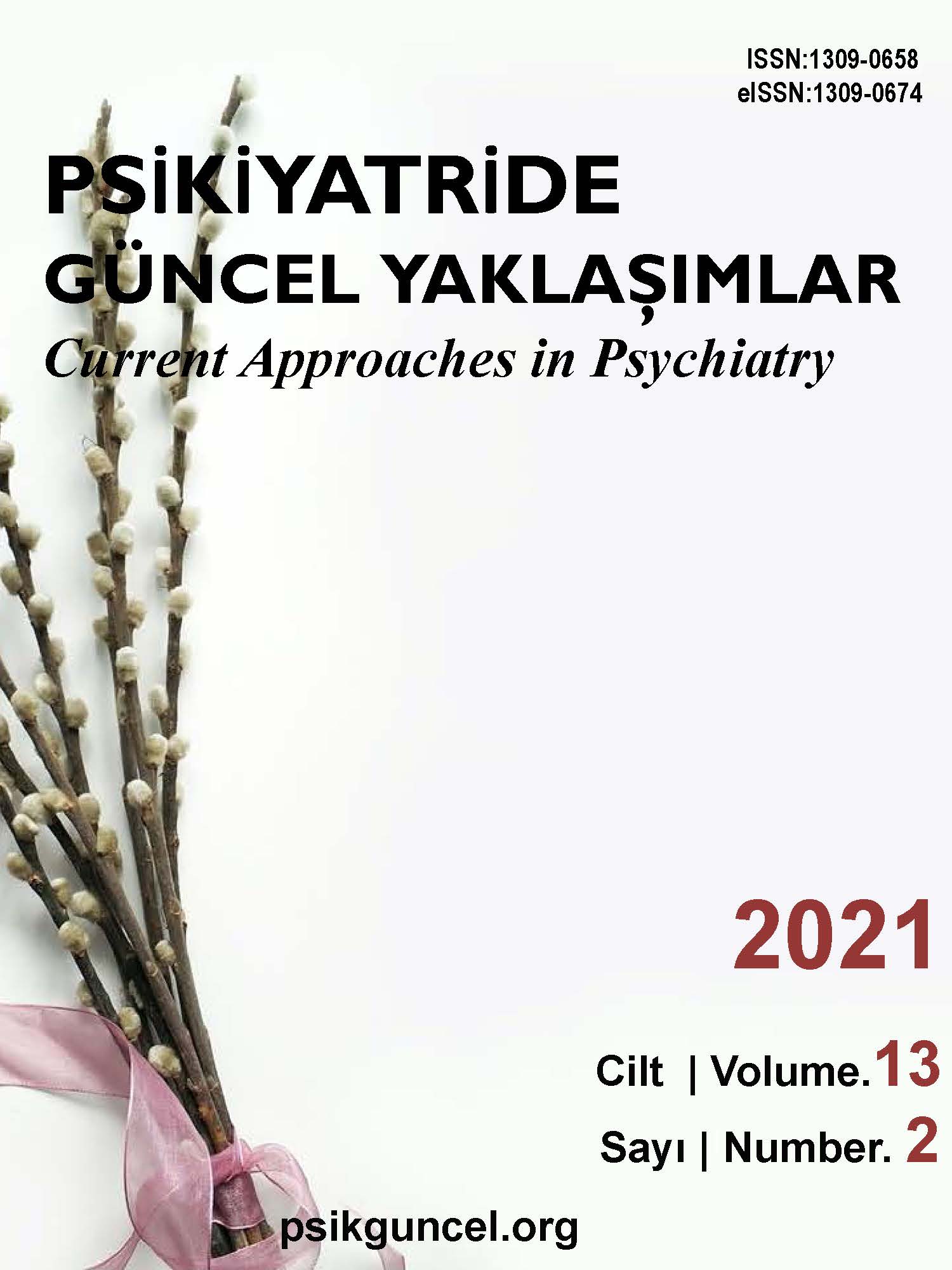Effectiveness of Third Wave Therapies for Treatment of Obsessive-Compulsive Disorder: A Review
Effectiveness of Third Wave Therapies for Treatment of Obsessive-Compulsive Disorder: A Review
Author(s): Gizem OnaralSubject(s): Psychology, Cognitive Psychology, Clinical psychology
Published by: Çukurova Universitesi Tip Fakultesi Psikiyatri Anabilim Dalı
Keywords: Obsessive-compulsive disorder, acceptance and commitment therapy; mindfulness; meta-cognition;
Summary/Abstract: In the treatment of obsessive-compulsive disorder, the effectiveness of two main treatment approaches, pharmacotherapy and cognitive behavioral therapy (CBT), has been proven. However, the high rates of drop out from treatment and the presence of residual symptoms after CBT direct researchers to look for different treatment approaches. Therefore, emerging developments show that Third Wave Therapies are promising. In this review; it is aimed to summarize the theoretical background of Third Wave Therapies used in the treatment of obsessive-compulsive disorder and to review the effectiveness of these approaches and examine these studies in terms of methodological perspective and therapy content. In accordance with this purpose, studies which examine the effectiveness of Acceptance and Commitment Therapy, Mindfullness-Based Therapy, Metacognitive Therapy, Schema Therapy and Dialectical Behavior Therapy which are published in English/Turkish between 2004-2020 years and accessed from 5 databases: Ebscohost, Ulakbim, Google Scholar, Science Direct and Web of Science are included. As a result of this review, it has been determined that Third Wave Therapies generally reduce obsessive-compulsive symptoms and result in both reductions on depression, anxiety and stress symptoms and improvements on skills such as self-compassion and mindfulness. Based on these results, it was concluded that the first evidences about the effectiveness of Third Wave Therapies in the adult population in the treatment of obsessive-compulsive disorder begin to accumulate, but there is a need for randomize clinical controlled trials which is performed with larger samples and compared with cognitive behavioral therapy, exposure and response prevention or pharmacotherapy.
Journal: Psikiyatride Güncel Yaklaşımlar
- Issue Year: 13/2021
- Issue No: 2
- Page Range: 292-331
- Page Count: 40
- Language: English

